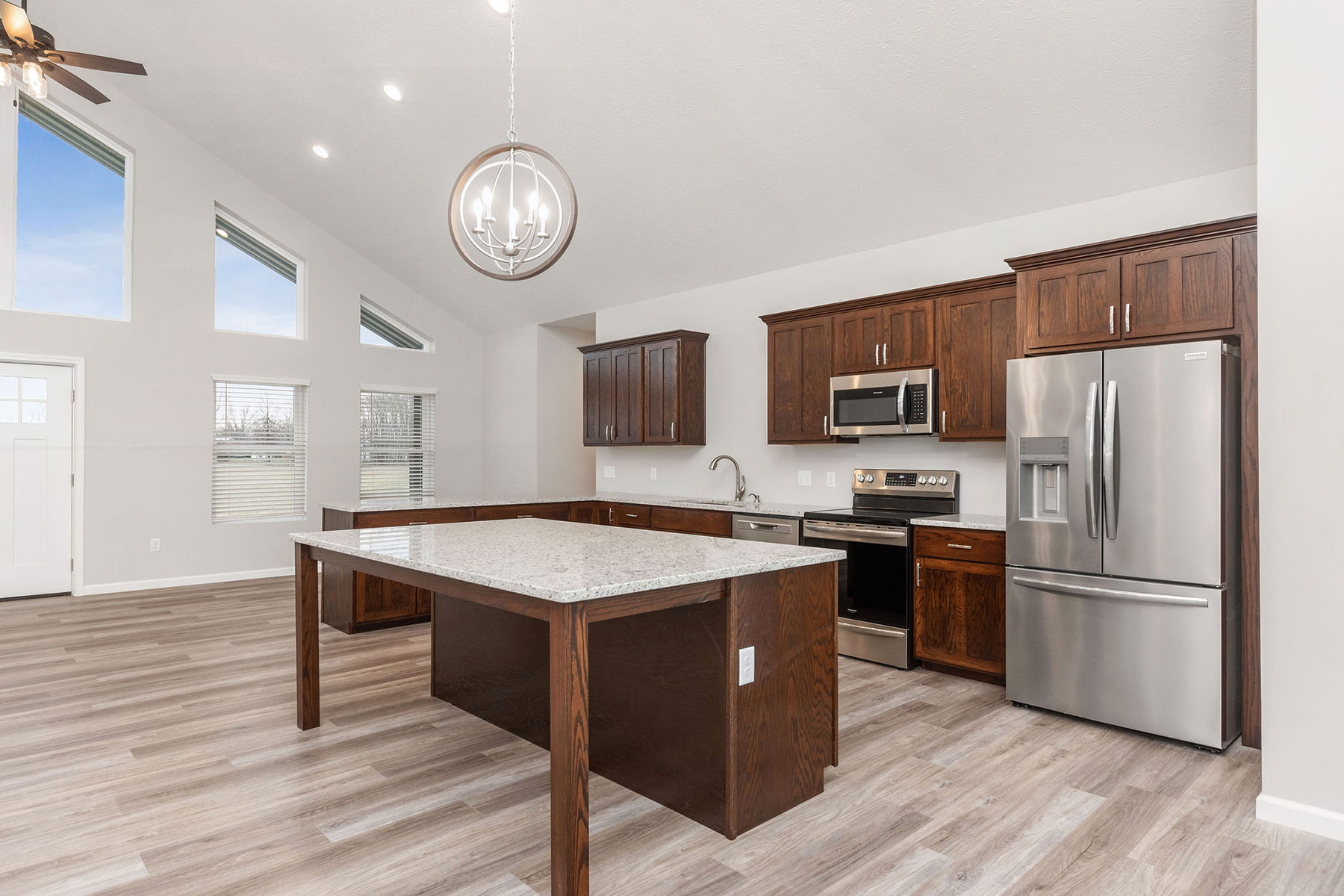
If you’re at the stage where you know you want a pole barn—and you're starting to meet with contractors—you’re in a good spot. This is where your project starts to feel real. But it’s also where the choices start piling up, and one of the biggest decisions you'll make is who you trust to build it.
Maybe you've already searched "pole barn contractors near me" or gotten a few names from neighbors. That’s a solid first step. But how do you actually choose the right one? The one who shows up, keeps promises, builds it right the first time, and stands behind their work?
This guide will walk you through the 8 questions we recommend asking every contractor before you sign anything. These aren’t just formalities—they’re the difference between a project that runs smoothly and one that leaves you frustrated.
This question might seem basic, but it’s essential. A legitimate pole-barn contractor will carry proper licensing and insurance for every area they work in—including liability insurance and workers' compensation. If a contractor sidesteps this question or says it doesn’t apply to pole barns, that’s a red flag.
Permits and inspections still apply to post-frame buildings in most areas. Hiring someone who knows your local codes (and has the legal coverage to operate) protects you from costly setbacks and liability.
Experience matters—especially recent experience. Building five barns a decade ago doesn’t carry the same weight as completing a dozen just last year. Local weather conditions, supplier relationships, and permitting trends change constantly. You want someone who’s active in the game now.
Ask for examples of projects similar in size and purpose to yours. A contractor who’s built barns for RV storage or home workshops will better understand your needs than someone who only works on agricultural barns.
A contractor’s past work speaks volumes. Most reputable builders will have a photo gallery or can share examples of recent projects—ideally ones built in your area. Even better? Ask if you can drive by a completed project or speak with a previous customer.
You’re not just looking for aesthetics here. Pay attention to the quality of craftsmanship, how clean the jobsite looks in photos, and whether the finished building has held up over time.
A quality local contractor won’t leave you to wrestle with zoning boards or building inspectors. Ask whether they’ll manage the permit process, schedule required inspections, and provide stamped drawings if needed.
You’ll want someone who already knows the local officials and has experience getting projects through the approval process efficiently. If they’ve worked in your township before, that’s a major bonus.
Every contractor will tell you when they hope to start your build. The better ones will explain how they plan to stay on schedule.
Ask what their current backlog is and how long construction typically takes for a building your size. Then ask how they handle delays due to weather, material shortages, or labor issues. You want transparency, not guesswork.
An experienced contractor will build buffer time into their schedule and keep you updated throughout the process.
Some contractors manage every build themselves. Others subcontract the work to separate crews. Neither approach is wrong—but it’s something you should know up front.
Ask who your point of contact will be once the build starts. Will the owner or lead builder be on-site? Is there a foreman who will oversee each phase of the work? Knowing who’s accountable makes it easier to communicate and spot potential issues early.
Not all warranties are created equal. Some builders only cover materials, while others include workmanship for a set period. A contractor confident in their work will offer a solid warranty and put it in writing.
Ask for clarity around what’s covered, how long the warranty lasts, and how claims are handled. If the builder uses subcontractors, ask whether they’re covered under the same terms.
A quote is more than a price tag. It should outline every major element of the build: materials, labor, site prep, permits, optional upgrades, and payment schedule.
Detailed estimates help you compare apples to apples between contractors. They also protect you from surprise fees later on. If a contractor can’t or won’t provide an itemized quote, it may be time to keep looking.
Asking the right questions upfront can save you stress, time, and money down the road. A pole barn isn’t just a structure—it’s a long-term investment in your property. That investment deserves a builder who listens, communicates clearly, and delivers quality work without cutting corners.
At Dutch Builders, we welcome these conversations. We believe in transparency, and we take pride in being the kind of local contractor who shows up, stands behind our work, and treats every build like it matters—because it does.
Ready to talk through your project?
Let’s schedule a contractor-selection call. We’ll walk through your goals, answer your questions, and give you a clear sense of what it’s like to build with us.
No pressure. Just honest advice from people who build pole barns the right way.
Dutch Builders. Built Right. Built for Life.